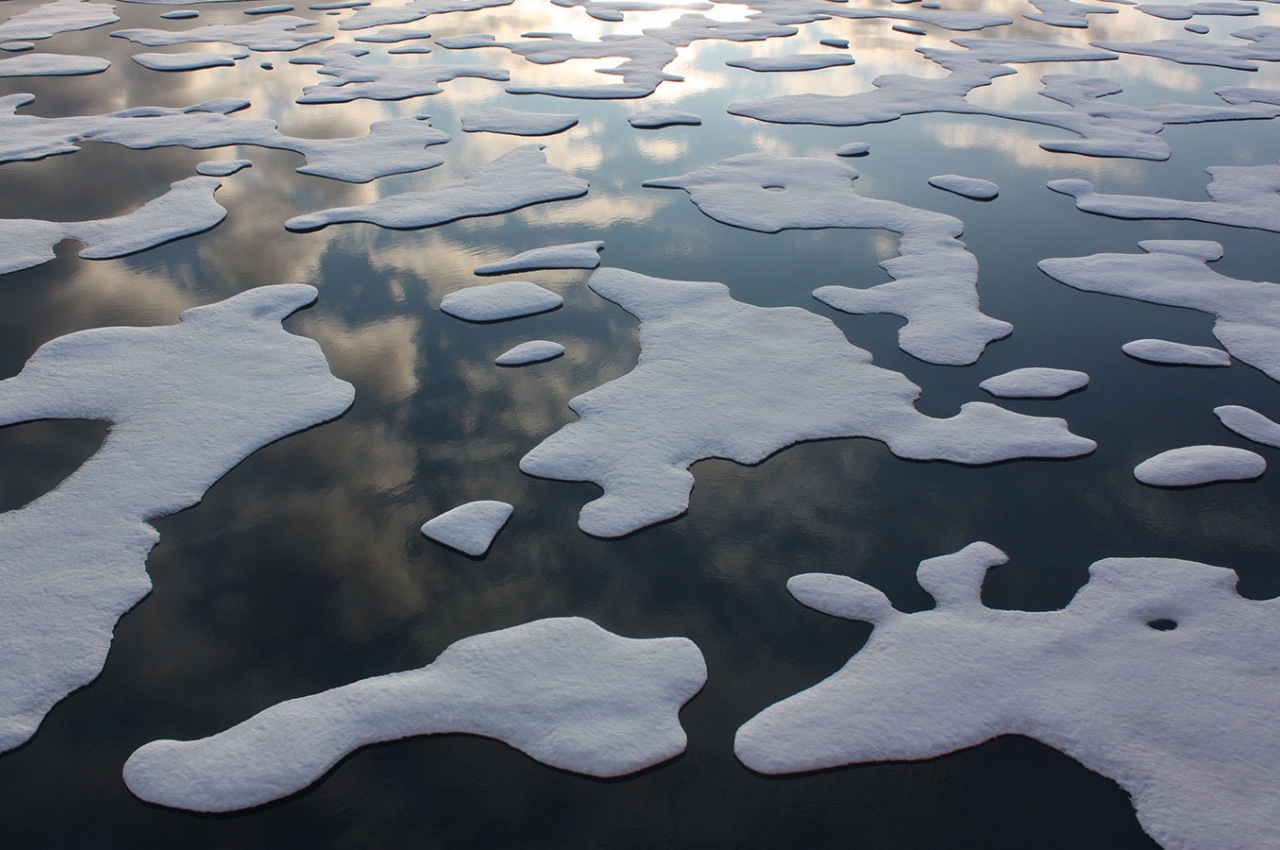Grave impact

Climate change and extreme weather events hit hard in 2023.
According to the annual report from the World Meteorological Organization (WMO), climate change continued to advance at a tremendous and impactful clip in 2022.
The WMO says droughts, floods and heatwaves affected communities on every continent and cost many billions of dollars. Antarctic sea ice fell to its lowest extent on record and there was record-setting melting of some European glaciers was.
“The State of the Global Climate 2022 shows the planetary scale changes on land, in the ocean and in the atmosphere caused by record levels of heat-trapping greenhouse gases,” says the WMO. “For global temperature, the years 2015–2022 were the eight warmest on record despite the cooling impact of a La Niña event for the past three years.”
Extreme weather and climate events
The WMO says melting of glaciers and sea level rise will likely continue for some considerable time, likely to be thousands of years.
“While greenhouse gas emissions continue to rise and the climate continues to change, populations worldwide continue to be gravely impacted by extreme weather and climate events,” says WMO Secretary-General Professor Petteri Taalas. “For example, in 2022, continuous drought in East Africa, record-breaking rainfall in Pakistan and record-breaking heatwaves in China and Europe affected tens of millions, drove food insecurity, boosted mass migration, and cost billions of dollars in loss and damage.”
Prof. Tallas says collaboration among UN agencies has proven to be effective in addressing humanitarian impacts induced by extreme weather and climate events. He says this is especially the case in reducing associated mortality and economic losses.
By the numbers
Global mean temperature in 2022 was 1.15°C (1.02°C to 1.28°C) above the 1850–1900 average. The years 2015 to 2022 were the eight warmest in the instrumental record back to 1850, with 2022 the fifth or sixth warmest year. This was despite three consecutive years of a cooling La Niña – such a “triple-dip” La Niña has happened only three times in the past 50 years.
The indicators
The new WMO report is accompanied by a story map, which provides information for policy makers on how the climate change indicators are playing out. The map shows how improved technology makes the transition to renewable energy cheaper and more accessible than ever.
In addition to climate indicators, the report focuses on impacts. Rising undernourishment has been exacerbated by the compounded effects of hydrometeorological hazards and COVID-19, as well as of protracted conflicts and violence.
The report also puts a spotlight on ecosystems and the environment and shows how climate change is affecting recurring events in nature, such as when trees blossom, or birds migrate.
We must pick up the pace
The WMO State of the Global Climate report was released ahead of Earth Day 2023. Its key findings echo the message of UN Secretary-General António Guterres for Earth Day.
“We have the tools, the knowledge, and the solutions,” says UN Secretary-General António Guterres. “But we must pick up the pace. We need accelerated climate action, with deeper, faster emissions cuts to limit global temperature rise to 1.5°C. We also need massively scaled-up investments in adaptation and resilience, particularly for the most vulnerable countries and communities who have done the least to cause the crisis.”
The WMO report follows the release of the State of the Climate in Europe report by the EU’s Copernicus Climate Change Service. It complements the Intergovernmental Panel on Climate Change (IPCC) Sixth Assessment report, which includes data up to 2020.
Like to know more?
To read the report, go to https://public.wmo.int/en/our-mandate/climate/wmo-statement-state-of-global-climate or click here.
To find out more about the World Meteorological story maps, click here.

This article appears in Ecolibrium’s May 2023 edition
View the archive of previous editions
Latest edition
See everything from the latest edition of Ecolibrium, AIRAH’s official journal.




